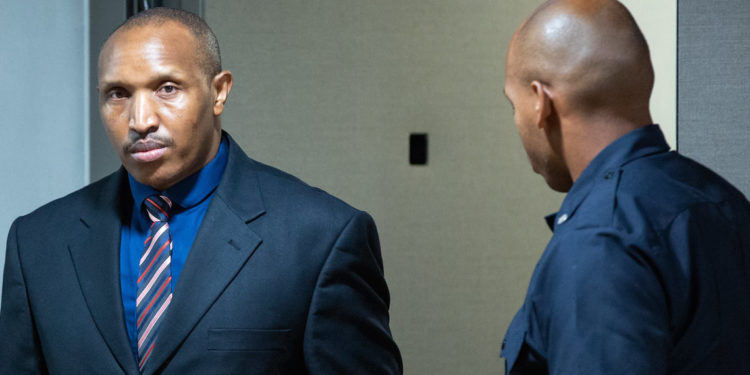By Susan Kendi
Judges at the International Criminal Court unanimously this month convicted Congolese warlord Bosco Ntaganda of all the 18 charges of war crimes, crimes against humanity. On the day his trial ended at the ICC on August 30, 2018, Ntaganda declared to the three judges: “I am a revolutionary but I am not a criminal … The ‘Terminator’ described by the prosecutor is not me.
He was making an unsworn statement after his lawyers wrapped up his defence against18 counts of war crimes and crimes against humanity committed in Ituri Province between August 6, 2002 and December 31, 2003.The charges include conscription of child soldiers under 15 years, and actively making them participate in hostilities, rape, murder and attempted murder, displacement of civilians, attacking civilians, enlistment, pillaging, sexual slavery of civilians and forcible transfer of population. Ntaganda surrendered and was transferred to the ICC in March 2013 after the ICC issued two arrest warrants against him — one in 2006 and another in 2012, with additional charges.

Beneath the soft voice, pencil moustache and cowboy hats, Bosco Ntaganda is said to be a ruthless commander, a reputation that earned him the moniker, “The Terminator.”
Born on November 5, 1973 in Kinigi, Rwanda, Ntaganda grew up in Masisi in the territory of North Kivu Province in the eastern part of the Congo. He was baptized in the Seventh Day Adventists Church Ennis but started going by the name Bosco when he was in the army.
Ntaganda dropped out of high school in February 1991 to join the Rwanda Patriotic Front (RPF), which was formed in Uganda to challenge the Hutu-dominated government to create opportunity for Tutsis expelled from Rwanda in 1959 to return home.
Ntaganda received military training in the forest and fought in the civil war that overthrew the Rwandan government in 1994 and put an end to the genocide,.
After the RPF put an end to the genocide and established a new government in Rwanda, Ntaganda joined the Rwandan army and took part in the invasion of the then Zaire, commonly known as Congo’s first war in 1996.
During Congo’s second war in 1998, Ntaganda joined the Congolese Rally for Democracy (RCD), and later joined the Union of Congolese Patriots (UPC) in 2002. He was the Deputy Chief of General Staff for military operations of the Patriotic Forces for the Liberation of Congo (Forces Patriotiques pour la libération du Congo, FPLC).
In December 2004, he was promoted to general in the Congolese army but he declined the offer.
In 2005, he was placed on the United Nations sanctions list for violating an arms embargo. Ntaganda joined another rebel group, National Congress for the Defence of the People (CNDP) and moved to Masisi in North Kivu.
In August 2006, the International Criminal Court issued a sealed warrant of arrest for Ntaganda for crimes allegedly committed in Ituri Province. On April 2008, the arrest warrant was made public.
Months later, in January 2009, Ntaganda overthrew General Laurent Nkunda with Rwanda’s backing and took the leadership of the group.
He later joined the Congolese national army as part of a 2009 peace deal — ensuring that his, CNDP was integrated into the mainstream army. He was then promoted to general, notwithstanding the ICC arrest warrant.
In 2011, Ntaganda became acting commander of military operations after his commanding officer suffered injuries in a plane crash.
A year later, the ICC prosecutor announced that she would include charges of murder and rape to the warrant of arrest against Ntaganda after Thomas Lubanga was found guilty of war crimes at the ICC.
Ntaganda’s father died in 2011, his sister died during the Rwanda genocide but his mother is still alive. He grew up with his grandparents who were of Congolese descent before joining the army but they are deceased.
He is married with seven children. He lived with his wife from 2002 but officially married her in 2010. He speaks Kiswahili and Kinyarwanda.







